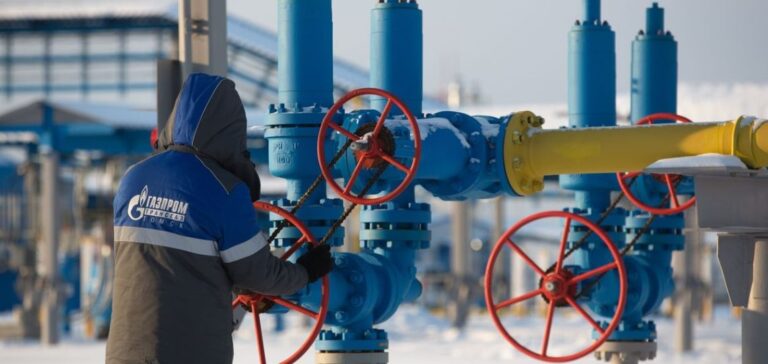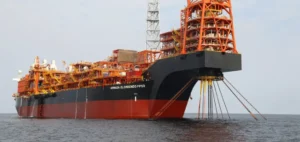The gas flowing from Russian pipelines would represent about one third of the demand of European countries in 2021. The volume exported to the continent is likely to drop to 80 Bcm in 2022 and cover only 20% of the overall European demand.
Increased LNG imports from the United States and gas production from Norway have helped limit the impact of this decline. Nevertheless, Europeans will have to reduce gas demand by about 10% through energy efficiency measures and energy savings, according to Anne-Sophie Corbeau.
The researcher at the Global Energy Policy Center at Columbia (CGEP) and former head of gas sector analysis at BP states:
“We will be able to compensate for the drop in Russian gas exports next winter if it is not too harsh and if we can still capture LNG flows.”
Indeed, the mild winter of 2021-2022 in Asia combined with the restrictions of the zero Covid policy in China had led to a slowdown in the economy and a decrease in energy demand. Europe had thus been able to divert LNG cargoes from the Asian market, according to Anne-Sophie Corbeau.
It is unlikely that China will lift its restrictions anytime soon. The government wants to avoid transmission of the virus during major political events scheduled for October and March 2023, according to Erica Downs of CGEP.
Higher gas demand in 2023
Analyst Anne-Sophie Corbeau, on the other hand, fears that the next two winter seasons will be problematic. It is based in particular on the pace of implementation of LNG projects, which are the main source of additional gas resources for Europe.
Qatar’s North Field East program and some export terminals in the United States are not expected to see the light of day before 2025. As a result, Europe will have to make larger than expected reductions in gas demand. The decline in nuclear and hydroelectric generation will also have a significant impact in this context.
As winter approaches, Europe is on track to offset Russian gas supplies of 155 Bcm in 2021. To achieve this, the EU had to combine a search for alternative fuels, increased LNG imports and energy savings.
Senior advisor at Blackstone and The Boston Consulting group, Iain Conn adds on this subject:
“Europe will resume these measures in order to compensate for the decrease in Russian gas imports for the winter of 2023-2024, but the task will be more complicated, due to the need to replenish gas stocks of about 70 Bcm.”
A risk of recession
The ability of Europeans to do without Russian gas has an impact on the outlook for gas prices. Iain Conn adds on this subject:
“If Europe demonstrates that it can hold on without Russian gas, there will be no logic to natural gas prices being at $50 per MMBtu. And from there, it is likely that the market will stabilize. That scenario could materialize sometime next year, and even then prices are likely not to return to historical levels.”
According to the vice-president and chief economist of Equinor Eirik Waerness, Europe could be without Russian gas for two or three years. But this will mean implementing energy restriction policies in a cost of living crisis.
Entire sections of the European industrial platforms would then be subjected to “uncontrolled deindustrialization”, as high gas prices could lead to the closure of fertilizer, steel and aluminum factories, with the threat of a recession as a bonus.
The fragility of European energy security
Equinor has increased Norway’s gas production rate by 10% in 2022, according to Eirik Waerness. If this production rate is sustainable for a while, Norway will not be able to increase it further. The vice-president of Equinor also expressed his concerns about the security of the energy infrastructure following the recent cuts on Nord Stream and the suspicions of sabotage.
“Norway is a small country with a particularly large coastal area. In addition, we have 9,000 kilometers of pipelines carrying oil and gas to the UK and Europe. It is difficult to monitor these 9,000 kilometers of pipelines with a handful of Coast Guard vessels.”
Tatiana Mitrova of the CGEP believes that Moscow considers itself involved in a “hybrid war” with the West. The expert on Russian energy industry and markets said the goal of this war would be to inflict “maximum damage for the West.” The Kremlin has already shown that it is ready to sacrifice its own gas industry to achieve this goal, according to her.
“All those resources developed over decades, the trust and bilateral relationships built with European customers, the long-term contracts, all of that has vanished. And I think it’s going to be impossible to restore that trust under any regime.”





















